South Africa
South Africa’s parliamentary speaker faces imminent arrest over corruption charges after a court on Tuesday dismissed her bid to block police and prosecutors from arresting her.
Nosiviwe Mapisa-Nqakula, who is a senior member of the ruling African National Congress party, is accused of receiving bribes from a defense contractor while she was defense minister.
According to prosecutors, she received 11 payments totaling $135,000 between December 2016 and July 2019. She sought another bribe of $105,000 but that wasn’t paid, prosecutors said.
Opposition lawmakers have called for her to step down from her position as speaker over the allegations.
Mapisa-Nqakula last week launched an urgent court bid to block her arrest, but a judge at the North Gauteng High Court in Pretoria dismissed her application on Tuesday.
Speaking to reporters after the judgment was delivered, National Prosecuting Authority spokesman Mthunzi Mhaga did not say when the arrest would be made but confirmed the judgement paved the way for it to occur.
“Obviously the wheels of justice will now be in motion, as we were listening to the judgment, which was well reasoned,” Mhaga said.
“We have always maintained that this is unprecedented and it was unnecessary for us to be brought to court. We have always maintained that the process of arrest will be done seamlessly,” he added.
Before launching her court bid, Mapisa-Nqakula was told by prosecutors she should turn herself in to authorities for processing and to appear before a judge.
Mapisa-Nqakula is the latest African National Congress leader to face corruption allegations as the party prepares to fight tough national elections this year.
Recent polls suggest the party could receive less than 50% of electoral support for the first since time it came into power in 1994.




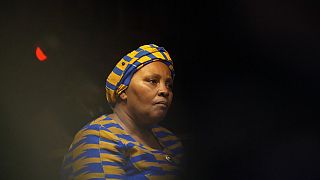
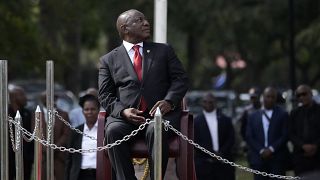
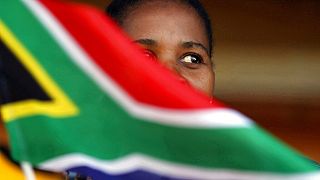
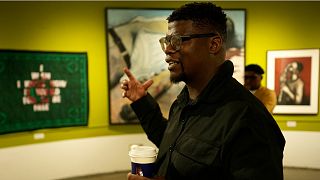
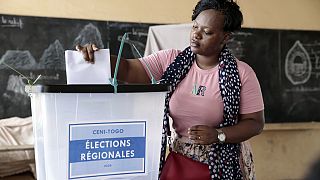
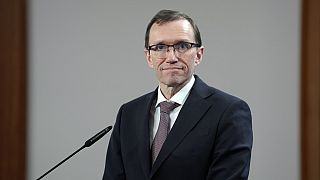
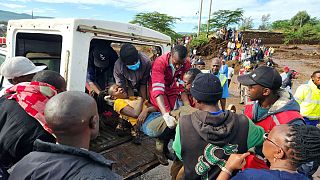
01:14
South Africa: Another loss for ANC to stop Jacob Zuma's MK party
02:47
Unraveling the political threads: Inside South Africa's Complex Election Landscape
Go to video
How South Africa's former leader Zuma turned on his allies and became a surprise election foe
00:50
Nigeria recovers millions in corruption probe at key ministry
01:07
Liberia: ex-president George Weah's asset document's leaked
01:10
New poll finds support for South Africa's ruling ANC is plunging